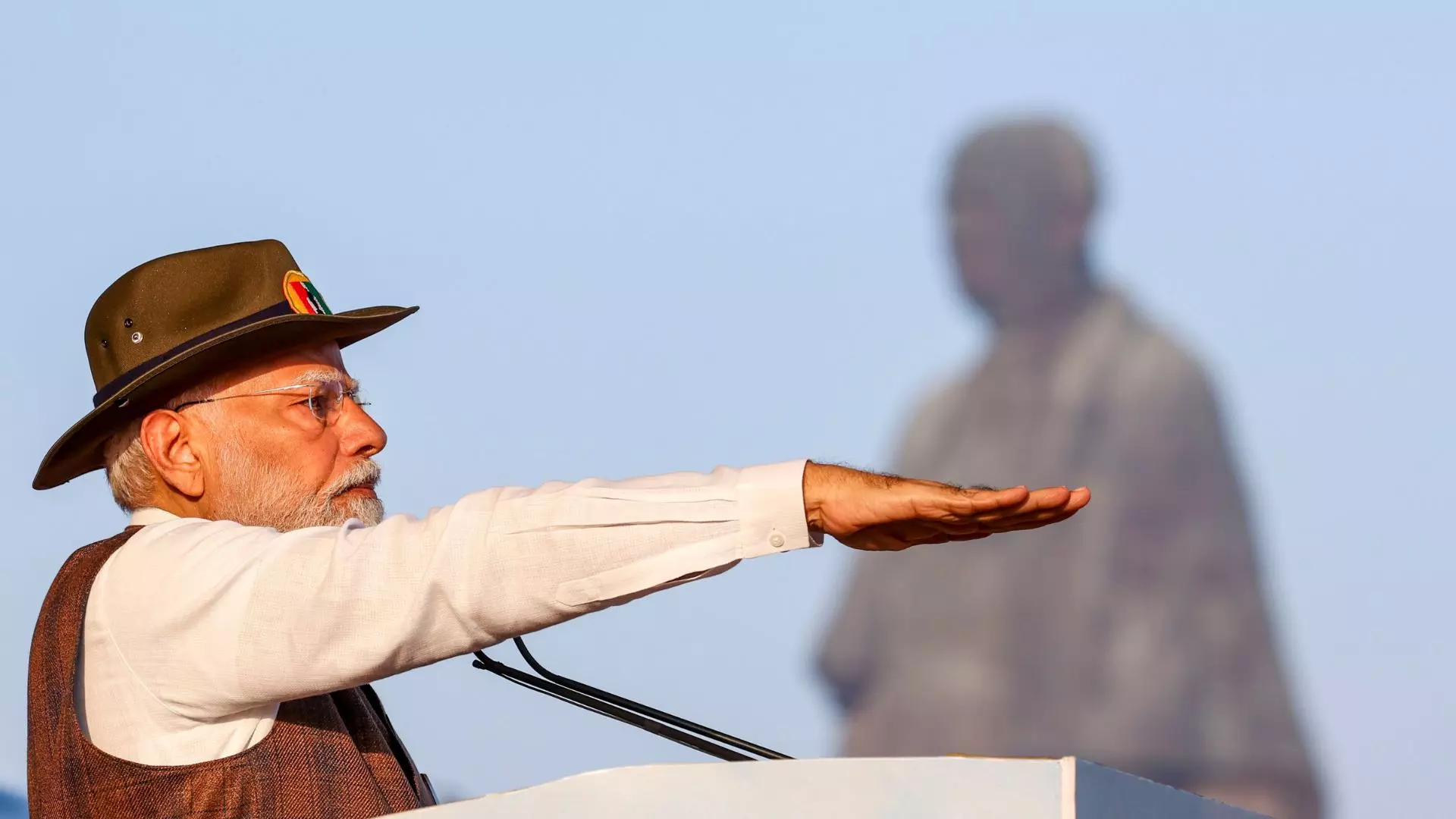AA Edit | Keep bias out of ‘unified’ code
As Modi and Adityanath promote unity slogans, the discussion around a uniform civil code in India calls for thoughtful public consultation

Days after Uttar Pradesh chief minister Yogi Adityanath coined his new slogan, “Batenge Toh Katenge” (divided we shall fall) ostensibly aimed at the unity of Hindus, following near-debacle for the BJP in the Lok Sabha elections in Uttar Pradesh, Prime Minister Narendra Modi sought to reaffirm his party’s policy with his newly-coined phrase — “Ek Hain Toh Safe Hain” (if we are united, we are safe).
The Prime Minister, during his speech on the occasion of the birthday of India’s first home minister and freedom fighter Sardar Vallabhbhai Patel, as usual laid stress on oneness in the country and said India is moving towards One Nation, One Civil Code.
Globally, most countries have switched to a common civil code as an expression of equality and non-discrimination. In India, the Constitution’s Directive Principles of State Policy, though not justiciable, calls for the promulgation of a uniform civil code for the whole country. As a policy, the uniform civil code may be welcomed if it does not discriminate against one group in favour of the other and if it does not impose a practice of the followers of one religion on those following other religions.
Furthermore, marriage laws in India are based on local traditions — an aspect that gained recognition through the Hindu Marriage Act. As traditions are an inherent part of one’s culture, they are protected under Articles 29 and 30 (cultural and educational rights) of the Constitution, which allows any citizen to challenge the validity of uniform civil code if it is discriminatory.
The government must, therefore, resist the temptation to hasten the introduction of Uniform Civil Code and initiate a comprehensive public consultation before preparing its draft to be presented in Parliament.
In fact, a lesson or two could be learnt from the consultation conducted before the Hindu Code was legislated in 1955. The debate on the need for Hindu code was first initiated in 1921 by Mahamahopadhyaya Ganganath Jha, a member of the Viceroy’s Legislative Council. The draft was debated between March 1943 and March 1944. Subsequently, the four-member Hindu Law Committee toured the entire country for one year for consultation. Finally, the Hindu Code Bill was introduced to the Constituent Assembly on April 9, 1948, and was debated extensively during 1948-1951 before being enacted four years later in 1955.
